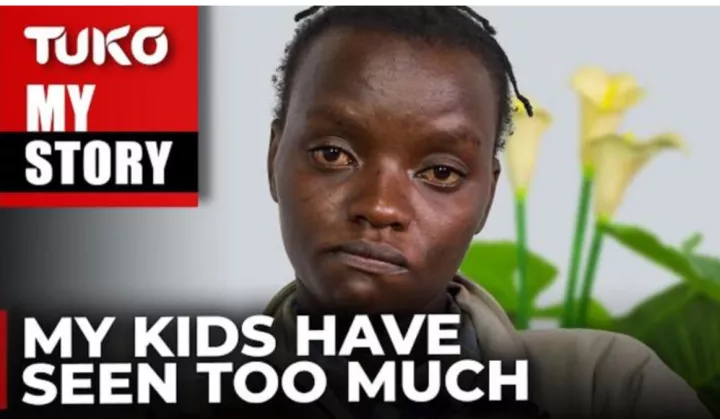
Elizabeth Mwende, a Kenyan woman, has recently come forward with her harrowing experience of enduring an unimaginable betrayal within her marriage. This devastating incident has left her grappling with the difficult task of accepting that her own children witnessed her most vulnerable state.
The incident, which took place in their family home, shattered Mwende's sense of safety and trust. It is a story that highlights the dark reality faced by many women who suffer abuse behind closed doors. Speaking exclusively to Tuko Kenya, Mwende bravely shared her deeply personal account, shedding light on the trauma she has endured.
According to Mwende, what began as marital disagreements escalated into a violent confrontation initiated by her husband. The altercation unfolded in front of their children, who were forced to witness the distressing scene. Mwende's sense of shame and guilt was magnified by the knowing that her children had seen her at her most vulnerable and powerless state.
The emotional toll of this traumatic event is immeasurable. Mwende described how it shattered her confidence and femininity, as she struggled to come to terms with the profound impact it had on her mental and emotional well-being.
Sadly, Mwende's story is not an isolated incident. Domestic violence and abuse remain significant issues affecting many households in Kenya and around the world. Such incidents often take place hidden from public view, leaving victims to silently suffer in fear and isolation.
Upon sharing her story, Mwende has received an outpouring of support from individuals and organizations dedicated to combating domestic violence. Her bravery in speaking out has shed light on the urgent need for society to address this pervasive issue and provide assistance to those affected.
In response to Mwende's case, local authorities have launched an investigation into the matter. They affirm their commitment to ensuring justice is served and the perpetrators are held accountable for their actions. This response sends a strong message that domestic abuse will not be tolerated, and no individual should bear such cruelty alone.
The incident has also sparked conversations about the importance of empowering women and girls and fostering a culture of respect and equality within society. By creating safe spaces for survivors to share their stories, communities can work together to break the cycle of violence and promote healing.
Organizations that advocate for women's rights and support survivors of abuse have offered their assistance to Mwende, providing counseling, legal aid, and resources to help her rebuild her life. Their dedication to ensuring survivors receive the necessary support and opportunities for healing is commendable.
Mwende's courage in sharing her painful journey serves as a poignant reminder of the urgent need for society to address domestic violence head-on and provide comprehensive services to survivors. It is imperative that both individuals and institutions take a stand against such heinous acts, ensuring the safety and well-being of all.
As Mwende begins her journey towards healing and rebuilding her life, her story serves as a rallying cry for societal change. It is a call to action to prioritize the eradication of domestic violence, protect the vulnerable, and foster an environment where every individual can thrive without fear.


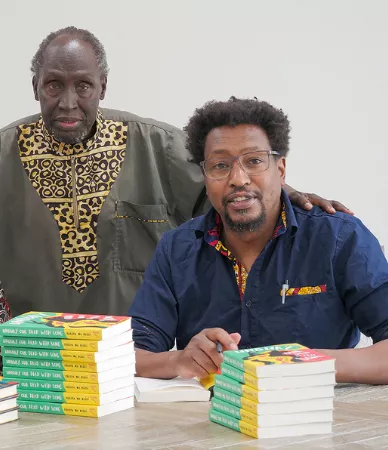
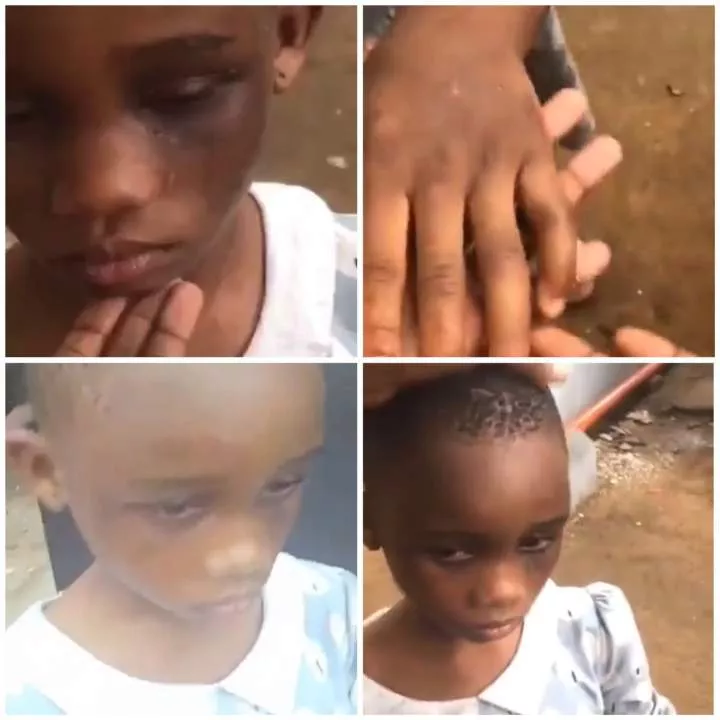
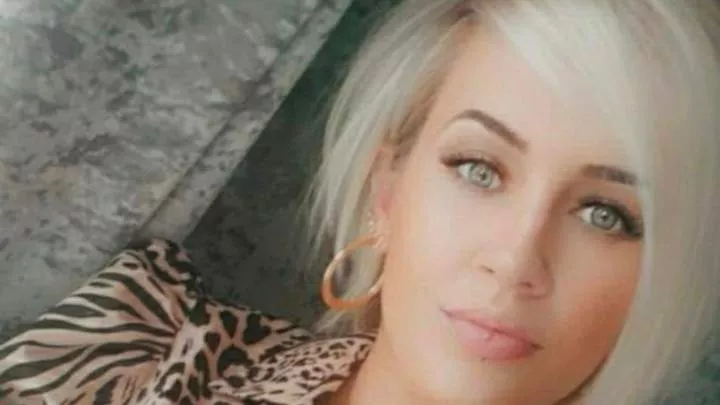
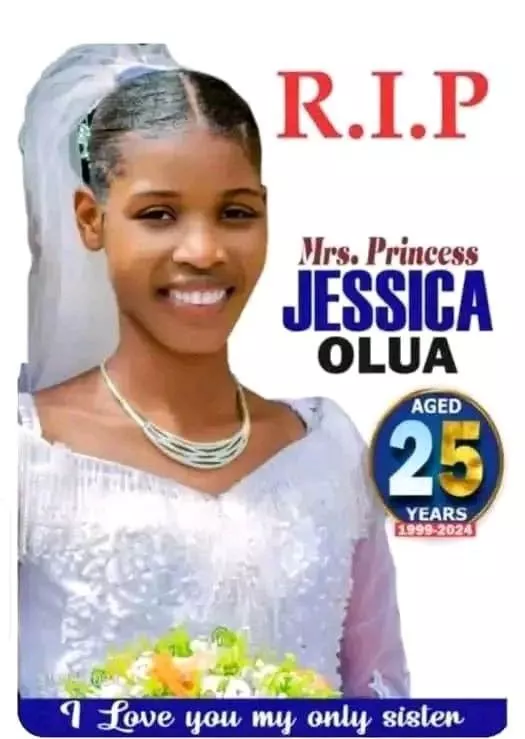










Comments